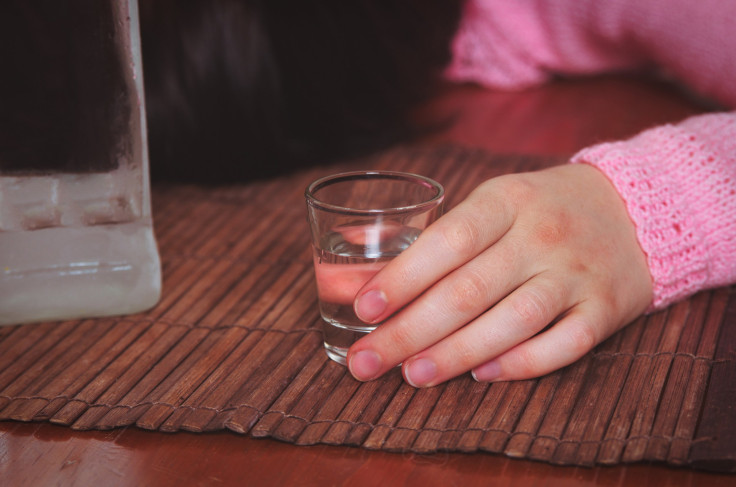New Pill Might Reduce Cravings, Depression In Alcoholics With Little Side Effects

Alcoholism can be difficult to beat, and it’s often more complicated to treat than other physical disorders. But new research presented at the 250th National Meeting & Exposition of the American Chemical Society (ACS) offers hope to those who wish to take medication to help treat the disorder. The new compounds developed by researchers out of the University of Wisconsin, Milwaukee, come with fewer side effects than current treatments.
“Alcoholism is a major problem in the U.S.,” V. V. N. Phani Babu Tiruveedhula, an author of the study and a graduate student at the University of Wisconsin, Milwaukee, said in the press release. “Alcohol abuse costs almost $220 billion to the U.S. economy every year. That’s a shocking number. We need a better treatment right now.”
Alcoholism is typically treated through rehab or cognitive behavioral therapy — but over the years, scientists have developed various drugs that can combat an alcoholic’s desire to drink. There are several medications that are approved by the FDA; the oldest one is called Antabuse and it inhibits the production of the enzyme that normally absorbs acetaldehyde, a product of alcohol breakdown. In short, Antabuse causes a buildup of acetaldehyde in the body, which induces nausea, vomiting, and an overall sick feeling. Another drug, Naltrexone, blocks out receptors for endorphins in the brain that are responsible for that happy feeling during drinking, reducing the pleasurable aspects of it.
These drugs, however, often cause depression — and they might become addictive themselves, which is why researchers wanted to develop a new medication that was effective but also safe.
“[Current drugs] dampen out the dopamine system a little bit, so you don’t get so happy when you have an alcoholic beverage,” James Cook, a chemist at the University of Wisconsin, Milwaukee, and an author of the study, said in the press release.
The researchers, including Cook and Tiruveedhula, focused on molecules that were related to the other medications, and made several beta-carboline compounds that didn’t cause any adverse side effects. They simplified the compound production steps from eight to two, then tested them on rats that had been bred to crave alcohol. Rats that were given these compounds were far less likely to drink alcohol, and experienced fewer side effects than are normally associated with similar meds. And perhaps most interestingly, the rats also experienced lessened anxiety when taking the meds — hinting that these compounds could be a much more effective way to treat alcoholism as well as depression.
In addition, the compounds could be taken as a pill. “What excites me is the compounds are orally active, and they don’t cause depression like some drugs do,” Cook said in the press release.
The researchers will need to further study the compounds, particularly in humans — then team up with drug makers to actually create medications. Cook believes that a medication could be available within the next five to six years.
To learn more about the study, watch the video below:
Published by Medicaldaily.com



























